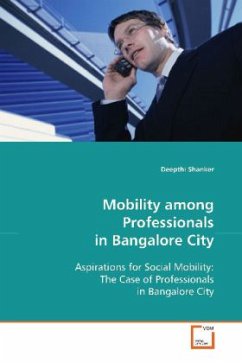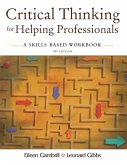Studies on social mobility in India have laid scant
emphasis on the socio-psychological causes and
consequences of mobility or its absence. The present
study focuses on the social and related dimensions of
the process of aspiration formation for the
professional education and profession, as a means of
achieving social mobility. The book examines the
Cultural processes, identities and institutions which
continue to play a crucial role in maintaining
traditional inequality in the contemporary Indian
society through various forms of symbolic domination.
However, it also unravels the role of modern
education and professionalism in the information era.
Professions are now operating as important tools
questioning the stereotyped system of social
stratification and are in a process of establishing a
post-caste society, controlled by professional norms
and hierarchy.
emphasis on the socio-psychological causes and
consequences of mobility or its absence. The present
study focuses on the social and related dimensions of
the process of aspiration formation for the
professional education and profession, as a means of
achieving social mobility. The book examines the
Cultural processes, identities and institutions which
continue to play a crucial role in maintaining
traditional inequality in the contemporary Indian
society through various forms of symbolic domination.
However, it also unravels the role of modern
education and professionalism in the information era.
Professions are now operating as important tools
questioning the stereotyped system of social
stratification and are in a process of establishing a
post-caste society, controlled by professional norms
and hierarchy.








